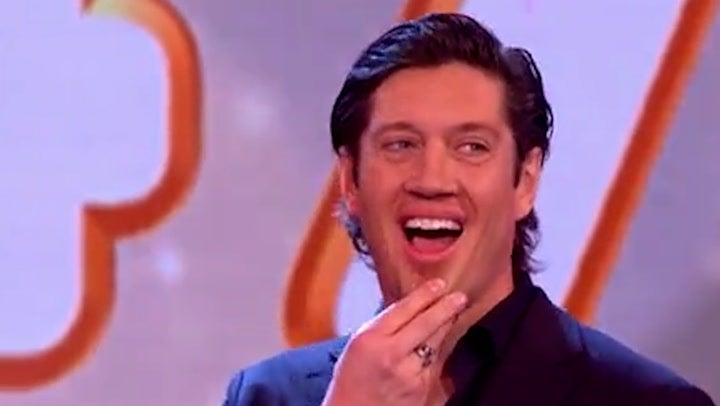Ken Bruce recalls BBC decision that ‘annoyed’ him: ‘It was political’
Veteran radio presenter says he fears for the future of the BBC in candid new interview

Your support helps us to tell the story
From reproductive rights to climate change to Big Tech, The Independent is on the ground when the story is developing. Whether it's investigating the financials of Elon Musk's pro-Trump PAC or producing our latest documentary, 'The A Word', which shines a light on the American women fighting for reproductive rights, we know how important it is to parse out the facts from the messaging.
At such a critical moment in US history, we need reporters on the ground. Your donation allows us to keep sending journalists to speak to both sides of the story.
The Independent is trusted by Americans across the entire political spectrum. And unlike many other quality news outlets, we choose not to lock Americans out of our reporting and analysis with paywalls. We believe quality journalism should be available to everyone, paid for by those who can afford it.
Your support makes all the difference.Ken Bruce has hit out at the BBC over a “political decision” he claims they made during his 40 years with the broadcaster.
The radio host, 73, currently presents Greatest Hits Radio, which has doubled its listenership since he joined to an audience of 4.1 million.
He left the BBC when his mid-morning show was the most-listened-to programme in the country. The channel has since lost over one million listeners over the same period.
In a new interview with The Times, Bruce hit out at BBC management over their choice to change the slot for his radio show. He was taken off the mid-morning slot and forced into an unfamiliar late-night timing which he says annoyed him.
“I thought, I haven’t done anything wrong here and it’s all working. It was a political decision,” he said.
Bruce first moved to the mid-morning radio slot in 1986 after working for a short period on late nights in 1990. He then moved into early mornings before returning to mid mornings in January 1992 where he remained until his departure last year.
After informing the BBC of his decision to leave early last year, the veteran presenter says he was asked to leave before his contract had ended which he also found disrespectful.
“I do worry for the future of the BBC. I think it needs to watch where it is going,” he continued.

“Commercial radio is really healthy, it is growing and growing and growing. And I just think it’s difficult to reinvent something [the Radio 2 schedule] that has been successful for many years. It’s a slow organisation to turn around, like a supertanker. It needs people with vision to make sure it goes the right way.”
The Independent has contacted the BBC for comment.
While he initially said it was his decision to step down from the BBC, Bruce later accused the corporation of pushing him to leave earlier than he had intended, in a tweet shared shortly before his last show.

Watch Apple TV+ free for 7 days
New subscribers only. £8.99/mo. after free trial. Plan auto-renews until cancelled

Watch Apple TV+ free for 7 days
New subscribers only. £8.99/mo. after free trial. Plan auto-renews until cancelled
“I will be presenting my last show on Radio 2 next Friday,” he wrote on 24 February last year. “I had intended fulfilling my contract until the end of March but the BBC has decided it wants me to leave earlier. Let’s enjoy the week ahead!”
Responding to Bruce’s tweet, a BBC spokesperson told The Independent: “Ken decided to leave Radio 2 and it’s always been known he’s leaving in March.
“Returning to Wogan House for a week after a month of broadcasting the Piano Room sessions at Maida Vale provided a natural break. We wish Ken all the best for the future.”
Bruce was replaced by Vernon Kay. During his interview, he alluded to a tendency among younger hosts to keep talking about themselves, which he said could distract viewers from the point of the programme.

“I think some younger people in broadcasting, less experienced people, can say, ‘They want to hear me talk about myself.’ And that’s not necessarily true,” he explained.
“It’s not about what you say, it’s what you don’t say on radio. You don’t have to talk a lot to make an impression. You can do that in three words or a sentence. You don’t have to talk for four minutes about what you were doing or what you thought was funny.”
Earlier this year, he told Beyond the Title podcast that Radio 2 was making a bad decision by trying to be “cool”.
“When you’re over 35, you’re more comfortable with yourself and don’t mind being uncool. Radio 2 thinking it’s cool is the worst thing we can do,” he said.
Join our commenting forum
Join thought-provoking conversations, follow other Independent readers and see their replies
Comments